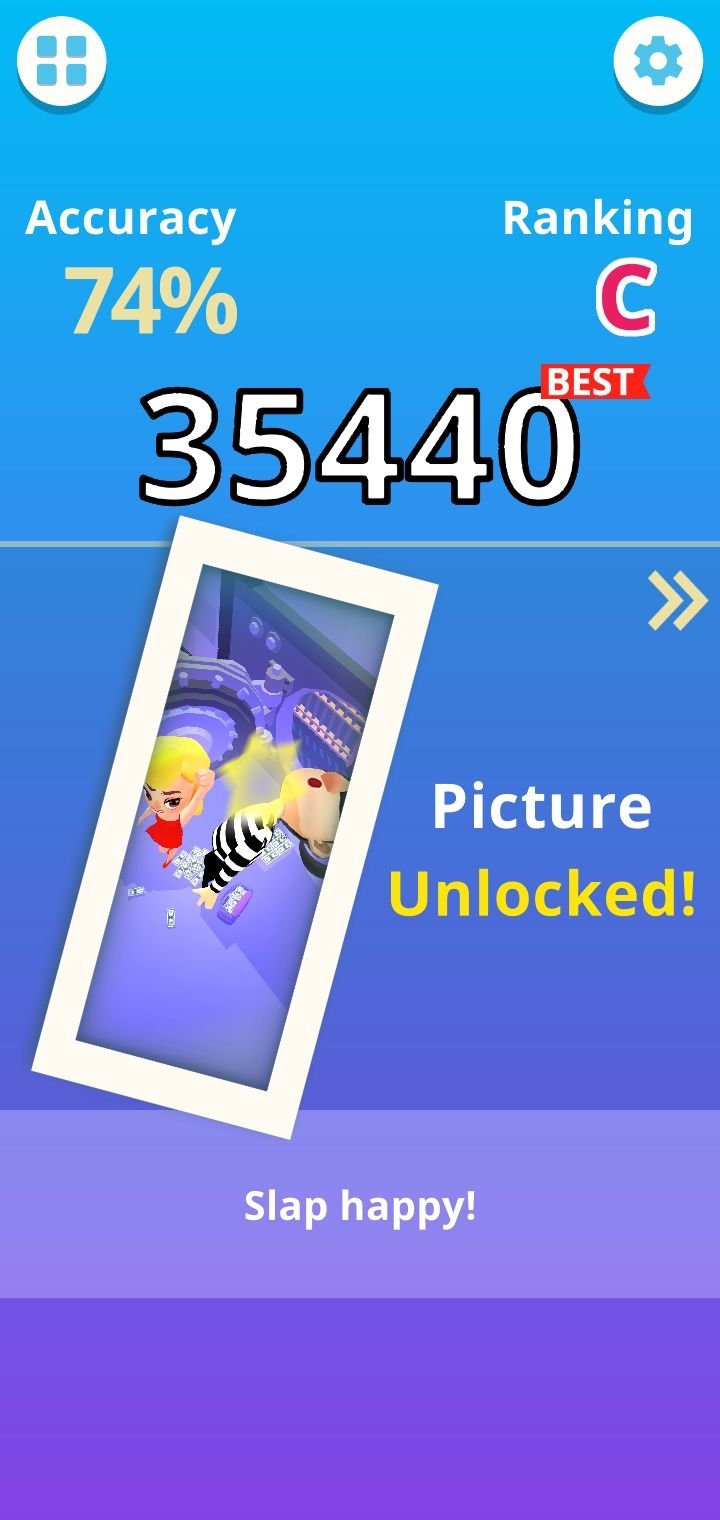

Then there are the real high rollers, like Eruruu, who spent over 500,000 JPY rolling on a single box to bring his best girl home in April 2017.
#Fun rhythm games mod
Quizoxy, a member of the mod team for subreddits r/StarlightStage and r/TheaterDays (two of the three mobile rhythm games), states that they have spent over $4,000 USD on Starlight Stage alone. The best I can tell you is that my spending is somewhere in triple digits. I don't have the emotional fortitude to sit down with a calculator and my Google Play purchase history. The games boast a more generous drop rate for their highest rarity tier (Super Super Rare) than many others - a whopping 3%, with frequent "Festivals" that double the drop rate-but those are still bad enough odds that jaded fans refer to the games' publisher, Bandai Namco Entertainment, as "Scamco." A lot of people cleverer and better-credentialed than me have written about the dangers of loot boxes some countries and states have tried to regulate loot boxes as a form of gambling. Most rhythm games use a "gacha" (loot box) system, generating revenue by offering players the chance to pull rare character cards and pretty 3D models with unique costumes.

It is theoretically possible, but it's also very unlikely. It is theoretically possible to invest nothing but time in them and never spend a cent.
#Fun rhythm games free
These games, and most like them, are free to download. I have four poisons of choice, which may tell you an awful lot about the state of my social life, student-loan repayments and sleep cycle: The Cinderella Girls: Starlight Stage, The Million Live: Theater Days, Uta Macross, and The Prince of Tennis: Rising Beat. They also eat a fair chunk of my monthly data plan. These games tend to take up a lot of storage mine add up to around 15GB. Depending on the game and what graphics setting you choose, you get 2- or 3D videos accompanying each song, some of which approach the production standards of proper music videos. They're simple enough from a gameplay perspective: You tap, swipe, and slide your fingers around the screen in time to some catchy tune, like Dance Dance Revolution for the hands. In a world of smartphones, rhythm games are practically the national sport. You can find us anywhere in Japan - clutching our phones on the commuter train, tucked into the corners of cafes where we sap the WiFi, hunched over on the rest-area benches in fancy department stores. We're here to talk about the hundreds of thousands of people dumping their money into the mobile rhythm-game industry.


 0 kommentar(er)
0 kommentar(er)
